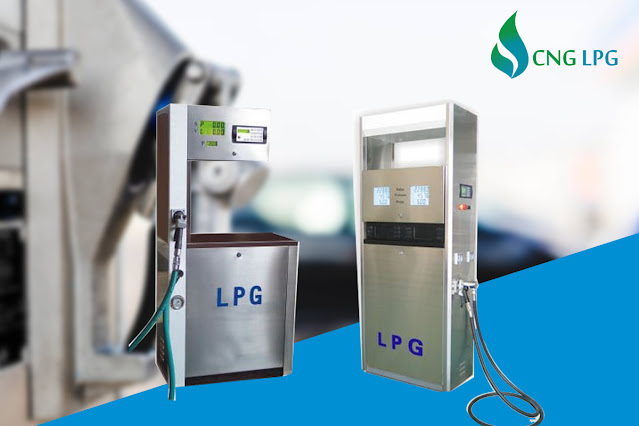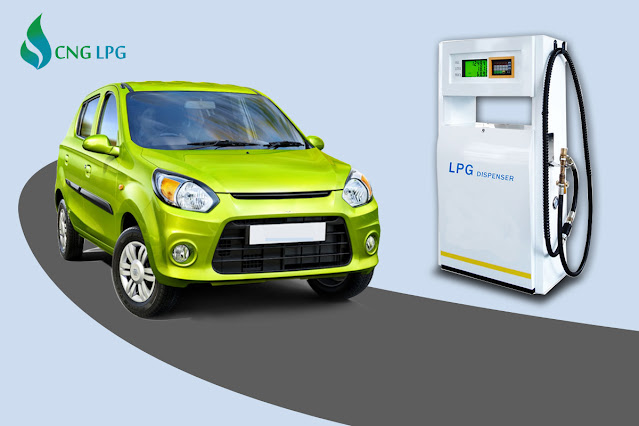Safety Tips about CNG Gas Filling Pumps
CNG, also known as compressed
natural gas, is an alternative fuel that powers more than 12 million vehicles
on the road today. There are many benefits of CNG that make it an attractive fuelling option for companies and municipalities, which is why many are making
the switch from traditional petroleum-based fuels to CNG.
There are a few safety tips you
should take whenever you are going to any CNG gas filling pumps.
Although CNG is much safer than any other fuel, it is still important to follow
safety procedures. So let's carry on...
When you arrive at the CNG
gas filling pumps, the very first thing you should do is turn off
your vehicle. If your engine’s compartments procedure any sparks, this becomes
a potential free hazard. In addition, static caused by the interaction between
you and the running vehicle can also increase the risk of injury.
Never smoke in the gas stations.
No matter if it is a pipe, cigar, cigarette or other smoking devices, it’s
considered an open flame, and you do not want to bring it around a CNG fuelling station. Even though CNG has a high ignition temperature, it is still a
flammable fuel, and having an open flame increases your risk of injury.
Before you start fuelling, you must
locate the emergency shut-offs at your location. These are designed to quickly
shut the dispenser off in the event of an emergency. Most fuelling stations will
have these shut-offs clearly labelled, however, if you cannot find them be sure
to ask someone.
Although CNG dispensers work
similarly to traditional fuel pumps, there are a few differences to the
process. To ensure you are fuelling correctly and keeping yourself, be sure to
thoroughly read and follow the posted directions.
Pay attention whenever you are in any of the CNG gas filling pumps. Keeping your eyes, ears and nose open while at the station can help prevent accidents and injury. If you see, hear or smell any gas, be sure to use the emergency shutoff and call the emergency number as soon as possible. Even minor leaks can cause major damage if left untreated, so always err on the side of caution.




Comments
Post a Comment